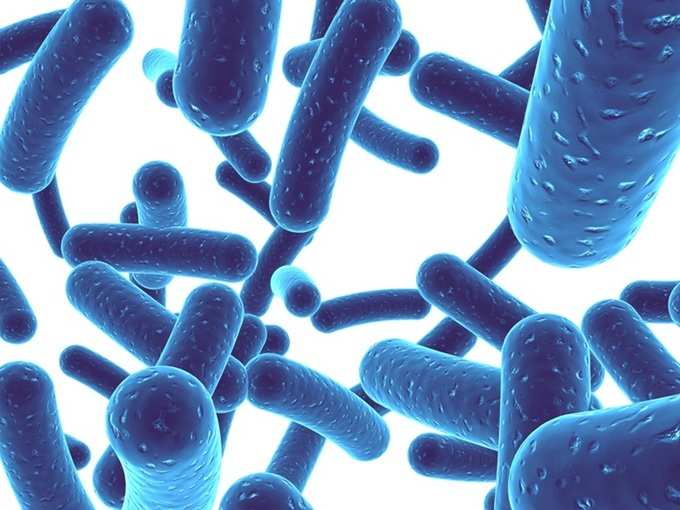
According to a study published in the
The protein molecule may offer a target for reining in the
The Indian-American scientists and his collaborators wanted to know if
When the scientists exposed macrophages to chemicals that signal a bacterial infection, they noticed that NFATc3 increasingly bound to genes that boost the production of nitric oxide synthase — the enzyme that makes nitric oxide.
"Without the ability to synthesise inducible nitric oxide synthase, a macrophage would be missing a key element of its chemical weaponry. We would expect these cells to be much less effective at killing bacteria and attenuating sepsis," said Ranjan.
"An overproduction of nitric oxide can actually contribute to lung injury, even as it helps clear bacterial infections. An NFATc3 inhibitor, given as a drug to people in septic shock, may be a way to ease the harmful effects that come with an overproduction of nitric oxide," he concluded.
(Image: Thinkstock)